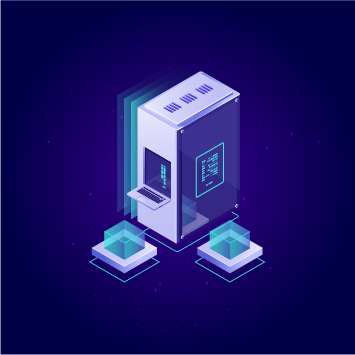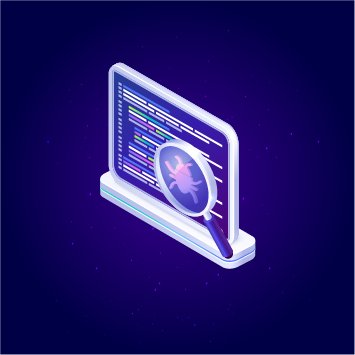Ah, social media. The land of endless memes, questionable dance challenges, and that one friend who overshares about their cat’s digestive issues. But lurking behind the scenes of our digital playground is a not-so-fun villain: the privacy invader. Yep, while you’re busy double-tapping on brunch photos, someone out there might be snooping on your online activity. Enter the unsung hero of the internet—long-term residential proxies. Now, I know what you’re thinking: “A proxy? Isn’t that just some techy mumbo-jumbo?” Well, yes, but also no. Think of a long-term residential proxy as your online invisibility cloak. Or better yet, your superhero cape. It swoops in, shields your identity, and makes sure nobody knows you’re binge-watching conspiracy theory videos at 3 a.m. (Don’t worry, your secret’s safe with me.) Here’s the deal: Every time you go online, your device has an IP address—a little digital name tag that says, “Hi, I’m Bob from Boise!” But sometimes, you don’t want to be Bob from Boise. Sometimes, you want to be… I don’t know… Claire from Copenhagen. That’s where a residential proxy comes in. It lets you borrow someone else’s IP address so you can browse like a ninja—silent, stealthy, and untraceable. The beauty of long-term residential proxies is that they’re not just for tech geeks or secret agents. They’re for *everyone*. Whether you’re dodging targeted ads (how do they *always* know what I want to buy?), avoiding creepy stalker bots, or just trying to keep your online life private, these proxies have got your back. But let’s not forget the cherry on top: social media protection. Ever notice how you look up “best hiking boots” once and suddenly your feed is filled with outdoor gear ads? Yeah, that’s because social media platforms are basically professional eavesdroppers. With a long-term residential proxy, you can scroll in peace without feeling like Big Brother is watching you shop for socks. So, the next time you’re scrolling Instagram or laughing at TikTok fails, remember this: Long-term residential proxies are the unsung heroes keeping your online life private and drama-free. They may not wear capes (or tights), but they’re definitely saving the day—one IP address at a time. Now go forth, my privacy-savvy friend, and conquer the internet with confidence! Or at least keep those cat memes coming.
2024-12-27





